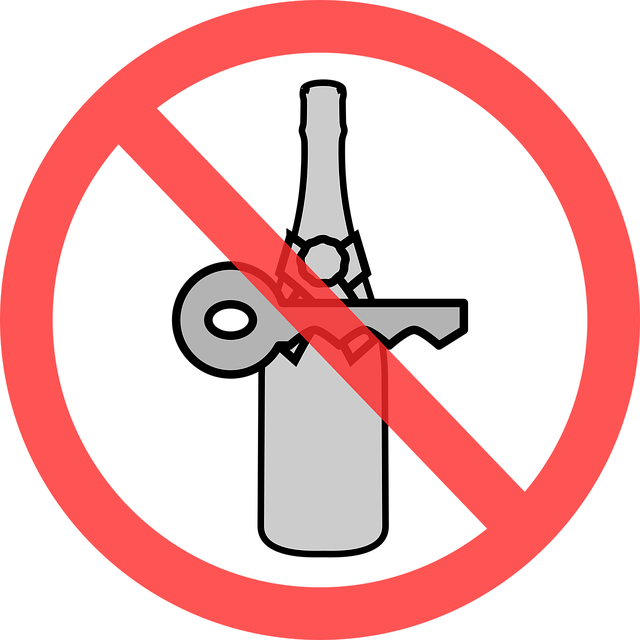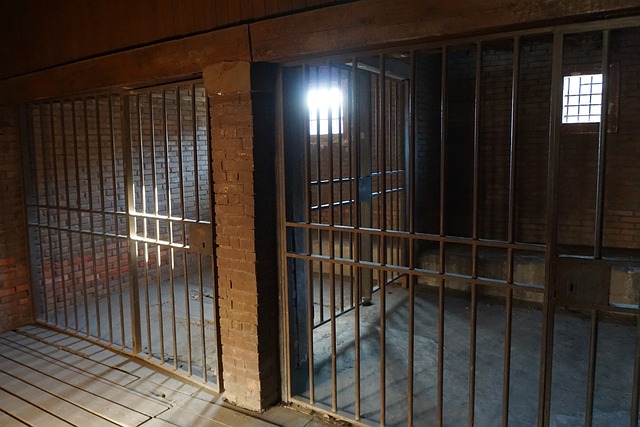Rural Community DUI Prevention faces unique challenges due to lower population densities, limited public transport, and fewer law enforcement resources. Tailored solutions like high-visibility enforcement and public education campaigns are crucial. Promoting responsible drinking and providing ride-sharing alternatives enhance safety. Returning veterans face additional challenges, requiring understanding of state laws and specialized legal assistance. Community support networks and integrated professional interventions address both legal and addiction issues. Long-term prevention strategies focus on comprehensive education, post-accident support, and empowering better decisions about alcohol consumption.
In rural areas, veterans facing DUI accusations encounter unique challenges distinct from urban settings. This article explores tailored strategies for their defense, delving into the specific risks and solutions within the context of rural communities. We discuss legal approaches, emphasize support systems available to veterans, and highlight long-term prevention through post-accident education. By addressing these aspects, we aim to enhance rural community DUI prevention efforts, offering vital assistance to those who have served our country.
- Understanding Rural DUI Challenges: Unique Risks & Solutions
- Legal Strategies for Veterans Facing DUI Accusations
- Support Systems in Rural Areas: Community & Professional Help
- Long-Term Prevention: Post-Accident Support & Education
Understanding Rural DUI Challenges: Unique Risks & Solutions

In rural communities, DUI (driving under the influence) presents unique challenges that often go overlooked. With lower population densities and limited access to public transportation, residents may rely more heavily on personal vehicles, increasing the potential for impaired driving. Additionally, rural areas frequently have fewer law enforcement resources dedicated to DUI prevention compared to urban or suburban regions. This disparity can lead to less frequent patrols and reduced visibility, creating an environment where drivers might feel less deterred from operating their vehicles while under the influence of alcohol or drugs.
Addressing Rural Community DUI Prevention requires tailored solutions that take these factors into account. Implementing high-visibility enforcement operations in conjunction with public education campaigns can be particularly effective. Educating residents about the risks and consequences of impaired driving, as well as promoting responsible drinking habits and designated drivers, are essential strategies. Moreover, providing accessible alternatives to driving, such as ride-sharing services or community transportation programs, can help mitigate the challenges posed by rural settings, ultimately contributing to safer roads for all.
Legal Strategies for Veterans Facing DUI Accusations

Many veterans returning from active duty face unique challenges, and one of those in rural communities is navigating legal issues, especially with Rural Community DUI Prevention becoming a growing concern. When faced with DUI accusations, their military experience can both help and hinder them. While their discipline and training may assist in understanding the law, the stress of readjusting to civilian life and potential post-traumatic stress disorder (PTSD) could impact their judgment.
Legal strategies for veterans often involve understanding the specific laws in their state and how they apply to military personnel. Given the unique circumstances, attorneys experienced in handling DUI cases for veterans can offer tailored help. This may include exploring options like challenging field sobriety tests, questioning evidence collection procedures, and raising concerns about any potential bias or misunderstandings due to military experience.
Support Systems in Rural Areas: Community & Professional Help

In rural areas, where access to professional help and support systems can be limited, individuals facing DUI charges often find unique challenges. However, the sense of community and tight-knit connections within these regions can serve as a powerful support network for those in need. Local churches, community centers, and support groups play pivotal roles in providing assistance and guidance to those struggling with substance abuse issues, offering non-judgmental spaces for individuals to seek help and begin their journey towards recovery.
Professional services tailored to Rural Community DUI Prevention are readily available through specialized treatment centers and counseling sessions designed to address the specific needs of rural dwellers. These programs often incorporate innovative approaches, leveraging technology to reach those in remote locations. By combining community support with professional interventions, individuals facing DUI charges can find the resources they need to navigate legal proceedings while also addressing their underlying substance abuse issues effectively.
Long-Term Prevention: Post-Accident Support & Education

In rural communities, where access to resources and support services might be limited, long-term prevention strategies for DUI (driving under the influence) are vital. Beyond legal defense, tailored help for veterans facing DUI charges should include comprehensive education and post-accident support. This approach addresses the root causes of impaired driving, especially in areas with fewer alternatives to public transportation or limited access to mental health services.
By offering ongoing educational programs and resources, communities can empower veterans to make better decisions regarding alcohol consumption and safe driving practices. Post-accident support, including counseling and treatment options, can help veterans process any underlying issues contributing to their impaired driving, ensuring a more sustainable solution than temporary legal aid alone.
Veterans facing DUI accusations in rural areas require tailored support and legal strategies that address unique challenges. By understanding the specific risks, leveraging community and professional resources, and implementing long-term prevention measures like post-accident support and education, we can foster effective rural community DUI prevention. These comprehensive approaches ensure veterans receive the help they need to navigate these difficult situations and promote safer, more supportive communities.






